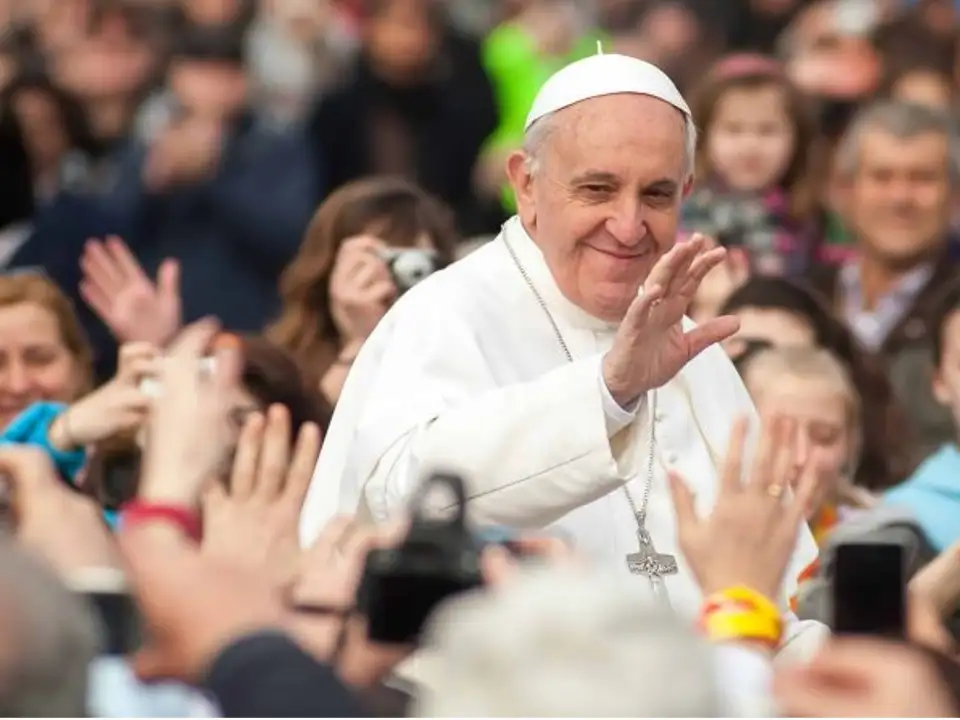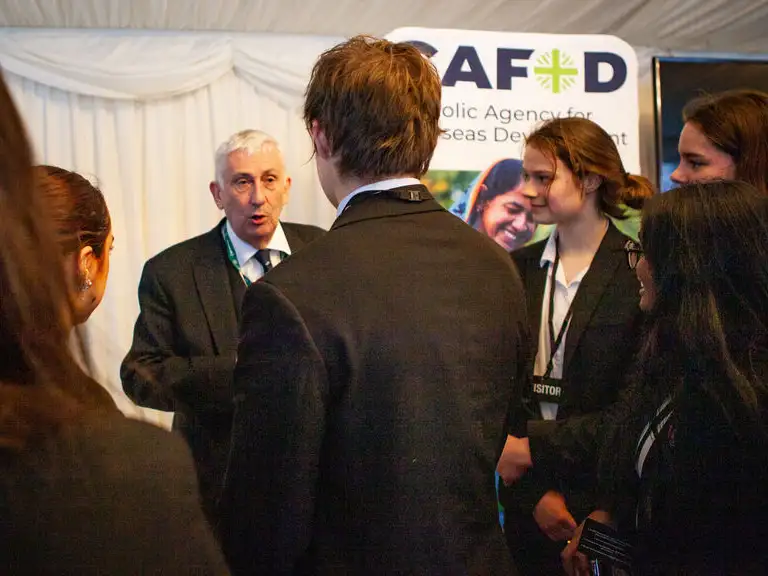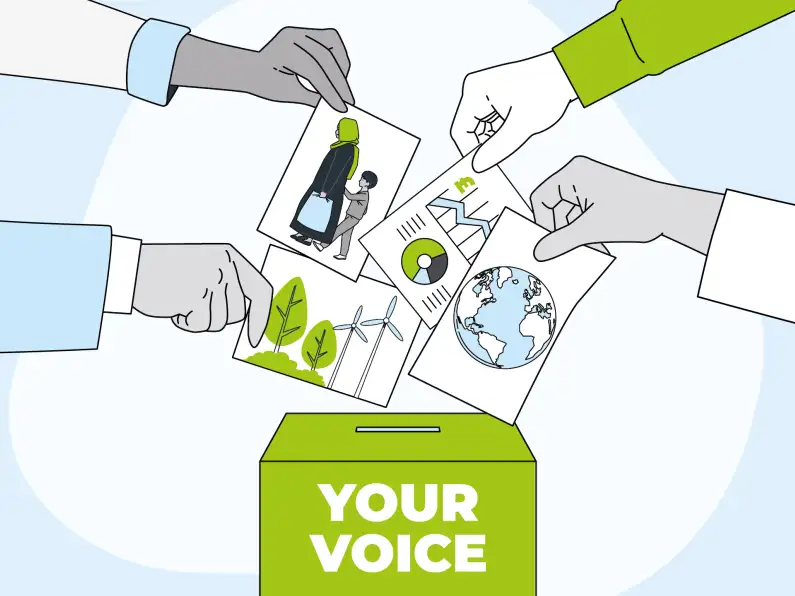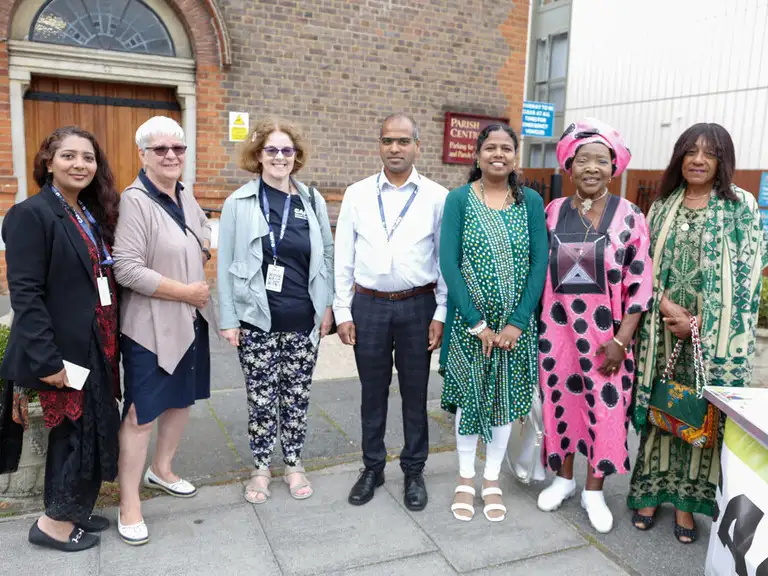

Pope Francis has urged politicians to put serving the common good at the heart of politics
The 2024 general election is on the horizon. Politicians are looking for our votes, making this a crucial moment to raise our voices and call for parties to act on the issues that matter most to us as Catholics.
In his special way, Pope Francis has inspired us to think about how politicians should approach their “noble vocation” and how we can play our part in bringing about a politics that serves the common good.
With polling day coming up, we look at how the Holy Father has encouraged us all to work towards a “better kind of politics”.
We all have a responsibility to engage in politics
Pope Francis hasn’t shied away from acknowledging that for a lot of people, the failures of some politicians have made politics a “distasteful word”.
But the Pope has echoed calls from his predecessors, including Pope Benedict, by reminding us that our faith means we have a duty to participate in politics. Whether that’s by voting, campaigning or even standing for election ourselves, this stems from politics being about “the building of a better world”. When this is the case, we as Catholics “cannot and must not remain on the sidelines in the fight for justice”.
Politicians should focus on serving marginalised communities
Right at the start of his papacy, the Holy Father declared that politics is a “lofty vocation” when it’s focused on serving the common good.
And this is a theme that’s run through the whole of Francis’s time as Pope. He’s warned us of the risk that politicians might prioritise rich and powerful economic interests. Instead, they should focus on improving our societies so that no one will find themselves in poverty.
I beg the Lord to grant us more politicians who are genuinely disturbed by the state of society, the people, the lives of the poor! It is vital that government leaders […] ensure that all citizens have dignified work, education and healthcare.
… but too often, the world's poorest people are an ‘afterthought’
Even though tackling poverty should be at the centre of politics, Pope Francis has explained why this often isn’t the case.
In Laudato Si’, the letter the Pope wrote to call for every person on the planet to care for our common home and our global family, Francis warned that people living in poverty are often treated “as an afterthought”.
This is because of a lack of “clear awareness of problems which especially affect the excluded”, with decision makers usually having little contact with marginalised communities.


Politicians will be looking to find out what issues matter most to voters at the general election
A few years later, during the pandemic, the Pope provided a test for ensuring this isn’t the case. Francis declared that deciding to “include or exclude those lying wounded along the roadside” should be a guideline for every political decision, reminding us that “we have to decide whether to be Good Samaritans or indifferent bystanders”.
Politicians need to think long-term
Perhaps the greatest challenge Pope Francis has posed to politicians is not to prioritise short-term interests, but to work towards long-term solutions and to think of future generations.
That’s a responsibility we all share. As the Pope has said: “What kind of world do we want to leave to those who come after us, to children who are now growing up?”



